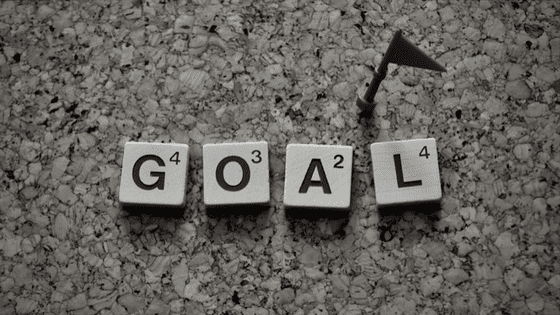‘The secret of life is honesty and fair dealing. If you can fake that, you’ve got it made.’ – Groucho Marx
Of course, it’s very hard to do that all the time, trust me, I’ve tried!
What makes you trust the statement above? Was it because I asked you to trust me? Or maybe you’ve met me!?
Trust is a word we use a lot and for most of us it’s a core value that we uphold in our personal and working lives.

In an Atlassian survey released last week on the impact of Artificial Intelligence on teamwork, the statistic that caught my eye was on trust. According to the survey, 78% of people who were interviewed said that they didn’t trust their teammates. Whilst an even larger 86% don’t fully trust a teammate to adapt to changing situations.
The PwC CEO survey released earlier this year also mentioned trust. Of those surveyed, 58% were worried that a lack of trust in their business would harm their chance of success. This statistic is up by 21% since the last survey.
These are pretty startling statistics when you consider that our workplaces, projects and relationships depend on shared trust.
So where did all the trust go?
Too often, we think that trust is a given. ‘I’ve been in this role for 15 years, so they should trust my judgement.’ ‘The plan says it will be delivered by next Friday, so they should just trust me on that.’ And so on. As Simon Sinek said: ‘A completed checklist doesn’t guarantee trust.’
Trust is earned.
It’s the result of confidence in the person who’s delivering and is a product of history, experience, honesty and the relationship we have with the person. If you want to earn someone’s trust you have to work hard for it.
You have to behave consistently well and do things when you say you will.
Back in the early 1990s, Ratners jewellers were a dominant force on the English high street. They sold good quality products at great prices. We believed their marketing and trusted their guarantees on quality.
Then in 1991, owner Gerald Ratner stood up on stage in front of other business leaders and told the audience: “People say, ‘how can you sell this [decanter] for such a low price?’ and I say ‘because it’s total crap’.” As if that wasn’t bad enough, he went on to add that his stores’ earrings were cheaper than a Marks and Spencer prawn sandwich, but ‘wouldn’t last as long’.
For the reward of few cheap laughs, Ratner completely eroded the trust customers had invested in his brand and almost overnight wiped $500m off the value of the company. It eventually went into receivership and ‘doing a Ratner’ became a saying for people who made fatal communication gaffes.
Each organisation has a duty to act honestly, ethically and responsibly in order to gain the trust of its employees. By doing this, they create the right kind of environment for staff to be the best version of themselves and work collectively to achieve their goals.
In her book The Creativity Formula, Dr Amantha Imber says: “Employees who trust their employers are looking after their best interests are much more inclined to offer ideas and engage in other innovative behaviours.”
Jules Goddard and Troy Eccles in their book Uncommon Sense, Common Nonsense went one step further and said “If senior executives put their career on the line – for example – by making jobs and rewards contingent upon the success of a change program, they will earn the trust of their people. Otherwise it’s just posturing.”
One organisation that I worked for insisted on keeping certain projects a secret, citing ‘sensitivities’ and ‘delicacies’. In reality, what they were saying by doing this was ‘I don’t trust you with this information’. I was able to get them to change their approach as everyone was talking about the projects anyway!
In order to collaborate successfully to achieve project or organisation goals, trust is critical.
Trust that you’ll all uphold the behaviours you’ve agreed on. Trust that you’ll deliver on your promises. Trust that you’ll listen to and respect new ideas. Trust that you’ll be honest at all times. Trust that you’ll help each other and say only nice things behind people’s backs.
When you act in this way, collaboration is high and so is performance. When you don’t, targets are missed, great employees leave and customer confidence dissipates.
Honesty and fair dealing should never be faked. You can trust me on that.



















